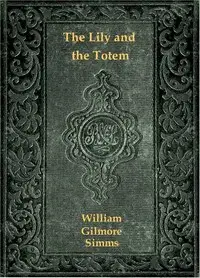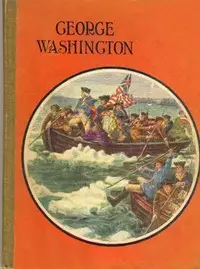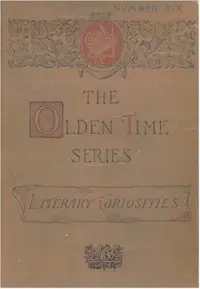"The Lily and the Totem; or, The Huguenots in Florida" by William Gilmore Simms is a historical story that shows the challenging journey of French Protestants, called Huguenots, as they try to create a settlement in Florida in the 1500s. It tells of their hardships, how they connected with Native American tribes, and the broader story of colonization during that time. The story opens by showing how the Huguenots were desperately trying to escape religious persecution in France. Key people are introduced, like Admiral Gaspard de Coligny, who is in charge of the colonization project, and John Ribault, who leads the first group to Florida. Simms examines why the Huguenots were doing this, what they hoped to achieve, and the difficulties they faced as they tried to build relationships with the local people and adjust to the tough conditions of a new land, as the initial chapters set the stage for the events that would unfold. It gives a sense of both optimism and fear as the colonists set out to make a home in a faraway realm.

The Lily and the Totem; or, The Huguenots in Florida
By William Gilmore Simms
Driven by faith and the dream of freedom, French refugees sail to a new world, only to face a collision of cultures, treacherous landscapes, and an uncertain destiny.
Summary
About the AuthorWilliam Gilmore Simms was a poet, novelist, politician and historian from the American South. His writings achieved great prominence during the 19th century, with Edgar Allan Poe pronouncing him the best novelist America had ever produced. He is still known among literary scholars as a major force in antebellum Southern literature. He is also remembered for his strong support of slavery and for his opposition to Uncle Tom's Cabin, in response to which he wrote reviews and the pro-slavery novel The Sword and the Distaff (1854). During his literary career he served as editor of several journals and newspapers and he also served in the South Carolina House of Representatives.
William Gilmore Simms was a poet, novelist, politician and historian from the American South. His writings achieved great prominence during the 19th century, with Edgar Allan Poe pronouncing him the best novelist America had ever produced. He is still known among literary scholars as a major force in antebellum Southern literature. He is also remembered for his strong support of slavery and for his opposition to Uncle Tom's Cabin, in response to which he wrote reviews and the pro-slavery novel The Sword and the Distaff (1854). During his literary career he served as editor of several journals and newspapers and he also served in the South Carolina House of Representatives.


















